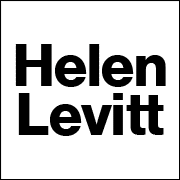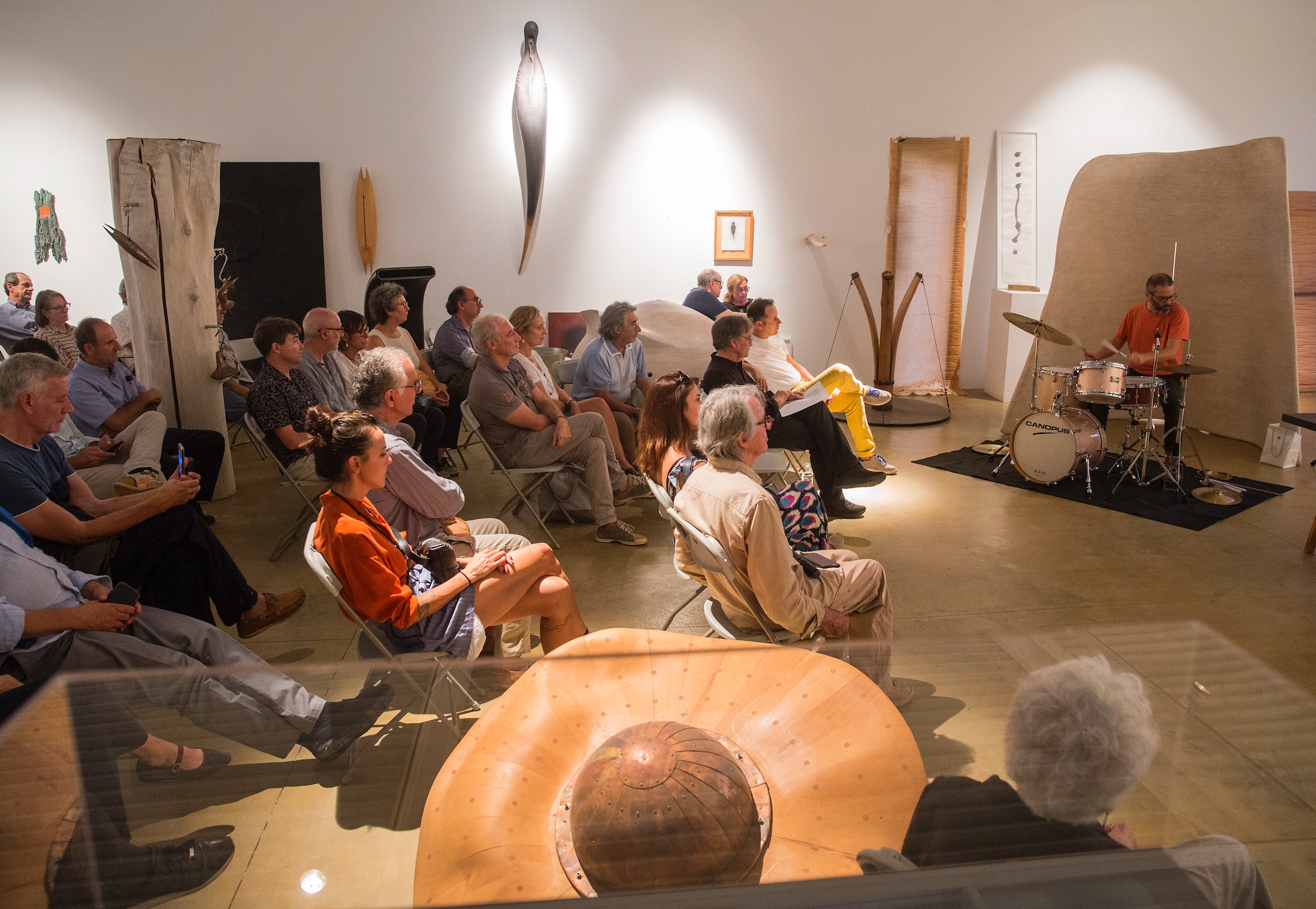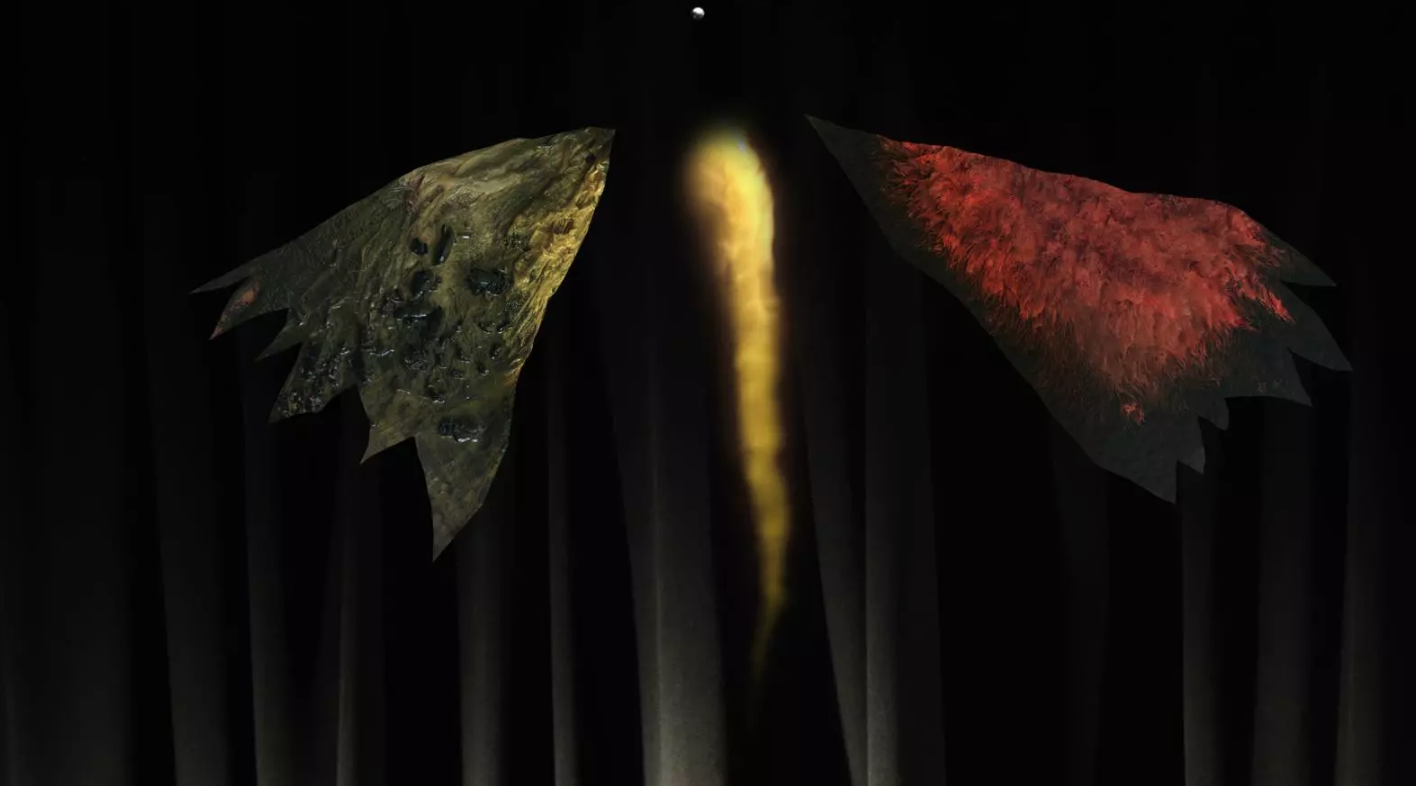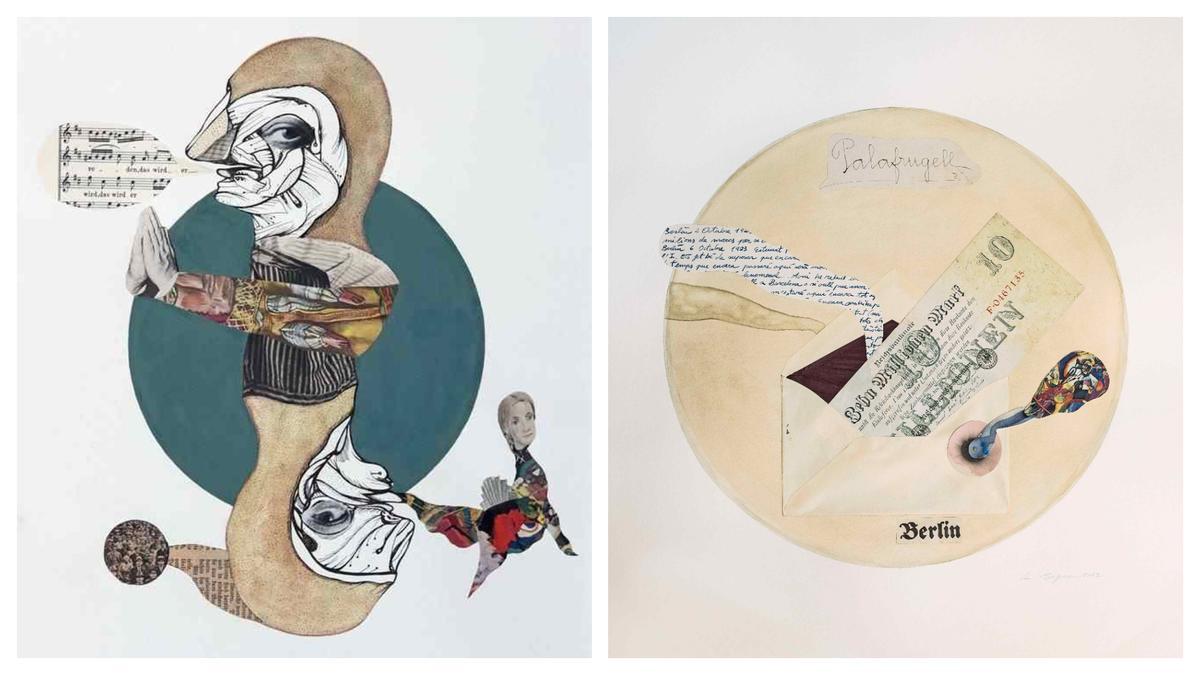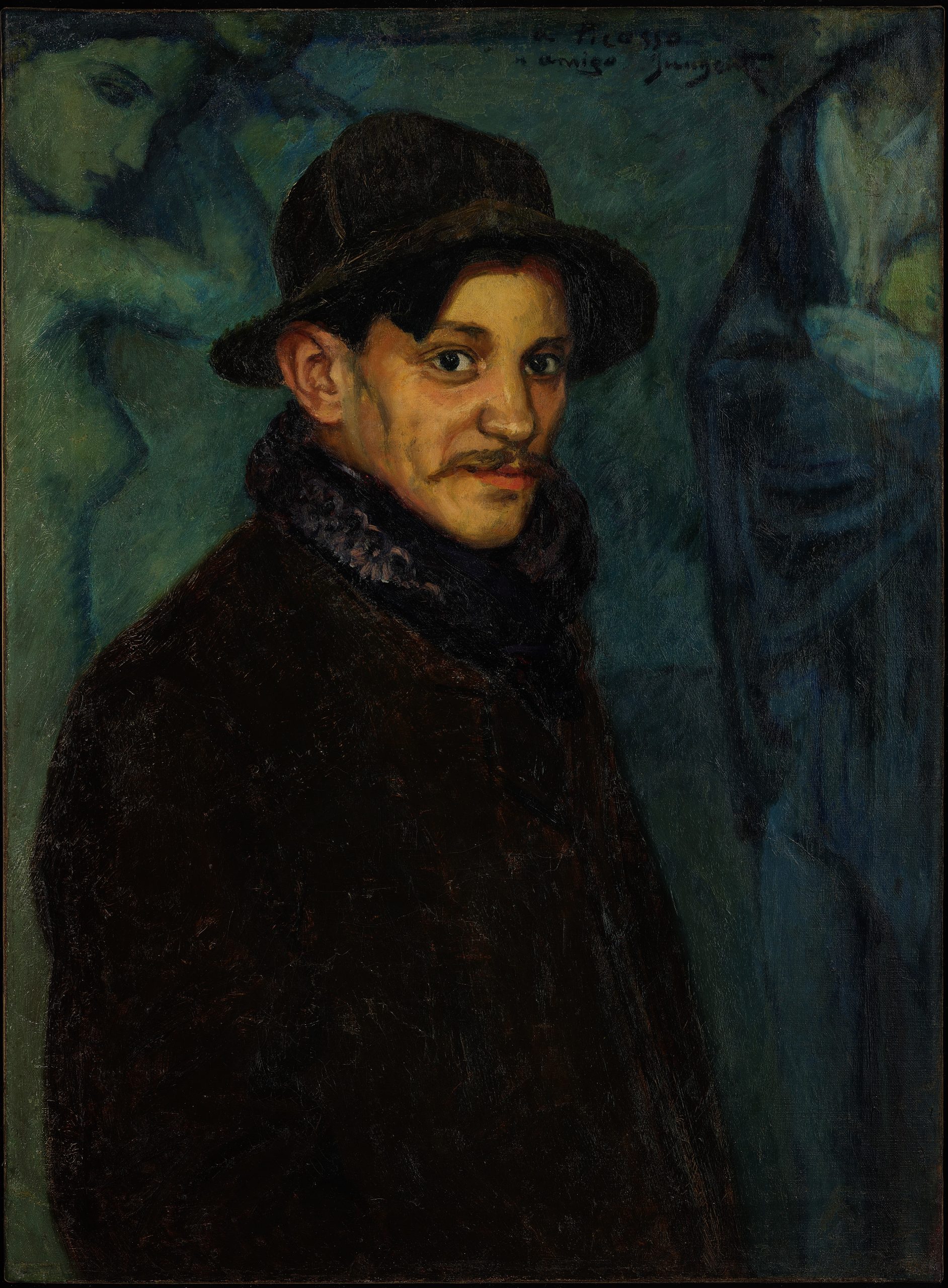interviews
What is the opinion of the cultural sector on the incorporation of Manuel Borja-Villel in the Department of Culture
With the purpose of supporting the reformulation of the classic structures of museums and giving a voice to realities and groups that have historically had little visibility, Cultura de la Generalitat de Catalunya called Borja-Villel. An appointment that is viewed with caution by the Catalan artistic community
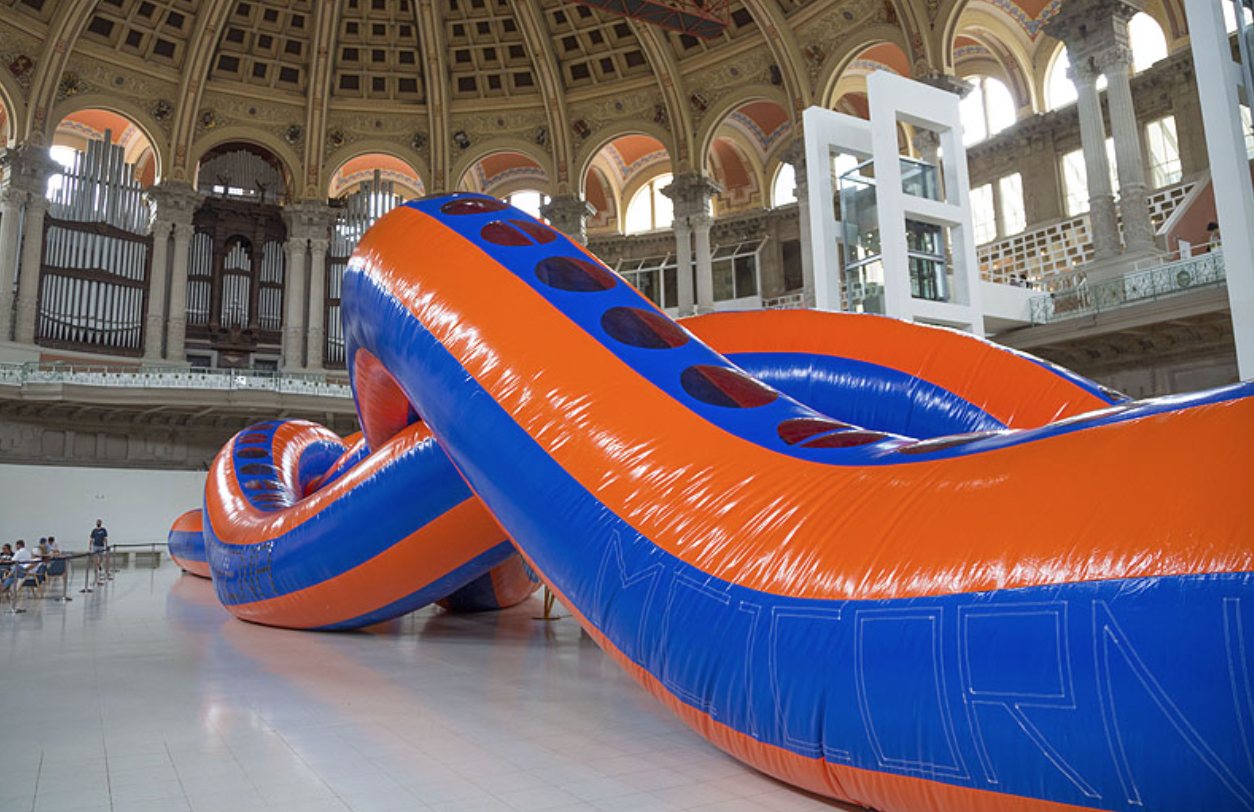
The appointment, by the Department of Culture, of Manuel Borja-Villel as director of the temporary program of the Department of Culture to advise in the field of heritage has been received by the artistic community with doubts. While the need to rethink, reorder and redefine the role of Catalan cultural and artistic facilities is being made clear, there is also a demand for greater transparency in the conditions of appointment and the functions to be carried out.
Critics, managers and directors of the Catalan artistic scene share with bonart magazine their impressions of the Department of Culture's performance and the appointment of Manuel Borja-Villel.
What do you think about the incorporation of Borja-Villel as lead advisor of the temporary Program for the development and fit into the art museum system of the MNAC expansion project?
Natalia Chocarro
The National Museum of Art of Catalonia is, without any doubt, a cultural facility that contains one of the most distinguished artistic collections in the world through which we can read the story of our history. To walk through its rooms is to get close to the history of a country that has pulsated with the inertia of the main artistic movements that took place in Europe from the high and low Middle Ages to the first half of the 20th century. In addition, the organization has been able to listen to what the public demanded of it when giving voice to a silenced generation of artists. And it has done so, with a series of programs that emphasize knowledge and education, in the programming of temporary exhibitions, and in the transgenerational dialogue of creators belonging to different moments and artistic styles. All in all, I think that the incorporation of Manuel Borja-Villel - to whom we can only praise the projection achieved by the flagship of the Spanish state, the Museu Reina Sofía - is, a priori, a resolution that should contribute to rethinking, rearrange and redefine the expansion that the entity has ahead.
Joan Maria Minguet
To me it means the revolving doors version of culture.
Carmen Clusellas
All directors have the right to hire advisors and do not have to give explanations. However, what has come out in the press saying for a long time have been leaks that have generated a lot of controversy and it is not fully understood what he will develop as an advisor to the department of culture. The specific functions of this figure should have been explained from the beginning, in an official manner.
Albert Mercadé
Manuel Borja Villel is a great professional, and his return to the Catalan artistic context is good news. We are in a context of articulating the Catalan art system (a process with insufficient resources, by the way), and we need long-range and broad views. Now, I'm not so enthusiastic about the method through which he was hired; I believe that the same selection processes as the vast majority of recruitments in the country, which are given through calls, should have been followed, especially for the amounts that will be received for their work, in the framework of a context as precarious as ours. And to subject to debate - which there has not been - the need for a high-level professional profile like his, with tasks so undetermined in a context so lacking in figures and high-profile managerial hires (they lack hands and resources everywhere). In any of the cases - because I don't know - I hope that the decision has been made with dialogue, consensus and the prior approval of the management of the MNAC, which has been working on the museum expansion project for years.
Montse Badia
On the one hand, I consider it very important that there is coordination between museums with an overall vision. In this aspect, Borja Villel is a person with great experience, who has led the Reina Sofia Museum very well. On the other hand, however, it is important to limit the room for maneuver of this figure, so as not to promote a hierarchical structure. The independence of each of the Catalan museums must be respected.
Miguel Marcos
I hope that under his management, dealing with the galleries will be even more common with feedback from both sides.
Carmen Sais
To be able to assess the situation, I would need to have more accurate information about the exact assignment that has been given to him, who has given it to him and for what purpose. In other words, I need to know what position Borja-Villel plays in the organizational chart of the Generalitat's Museums Service and which is the institution or institutions that have promoted and are promoting this incorporation.
Do you think that this task should be centralized with a single person, or that it would be better to generate a more plural advisory board?
Natalia Chocarro
I am of the opinion that the consensuses have much more to go and, what is more important, they cover multiple and heterogeneous points of view. The history of art is plural and, as such, should be interpreted; a kind of combinatorial arts that eschews any categorical or conclusive interpretation, to extend between shortcuts...
Joan Maria Minguet
It is not clear to me that a figure is needed to coordinate all the museums. In precarious situations like the current one, it would be best if the directors had institutional support.
Carmen Clusellas
As far as I know, the intention of the MNAC is to tend to plurality and incorporate other museum professionals in this advisory board. I know that we are taken into account, and that when the time comes, we will be able to debate and participate to the extent that the MNAC decides. I don't think it's necessary to bring in new hires. I can assure you that the MNAC works to promote plural participation.
Albert Mercadé
Borja-Villel represents a partial concrete look at Catalan art: in his particular genealogy there are great absences, there is little interest in many manifestations of the country's art; so an advisory board would allow to include more variety of discourse, more plurality, so necessary today and in the discourse that he himself defends. In any case, I consider that any decision should be in line with the museum and its management, which has earned it with the magnificent work done by its director and his team, done by the way with a lot of of dialogue with the country's artistic fabric (critics, historians, curators).
Montse Badia
We are in a moment of plurality, which is always much more interesting than individuality. It is important to promote an exchange of opinions and points of view, and we see this at all levels, when working, creating, etc.
Miguel Marcos
I distrust any advisory board or committees. As also of messianic figures.
Carmen Sais
I believe in strong and expert leadership, and MNAC already has strong and expert leadership. Borja-Villel also has this profile, we all know that he is one of the most qualified people in the direction of art museums in Southern Europe, but his function cannot collide with the direction of the MNAC, his leadership has of responding to another objective, it may be broader, but I do not know that, although I think that alone could somehow justify its appearance on the stage. In short, more clarity and transparency is needed. On the other hand, I am also very much in favor of the advisory councils of cultural institutions, but the role of these councils must be this, to advise, not to decide or lead a process. Let's not forget that the MNAC has a Board of Trustees in which the institutions that finance the museum are represented. These are the ones that must explain your decision and avoid confusion.
How do you think this will affect the development of the 2030 Museum Plan approved by all the agents in the sector not more than a year ago?
Natalia Chocarro
The country requires leadership and this can only be understood from the perspective of plurality. We have no time to waste, what we are playing with is something patrimonial and therefore universal. It belongs to all of us, and that is how I would like it to be interpreted.
Joan Maria Minguet
I don't know much about the museum plan, but I know of many others that have been of no use. In general, they do not make any sense while we are moving in territories of precariousness where the government allocates a very poor budget. These are discussions that don't make much sense.
Carmen Clusellas
I'd like to think not, or at least when we've asked, we've been told it won't affect it. I repeat, I think that a bad communication task has been done with the recruitment of Borja-Villel. I understand that he is a departmental adviser, as he is a person with a lot of background who can contribute a lot to the Catalan museum scene. The museum plan is in force, and has recently been updated taking into account the changes and new orientations and concerns of society. The objectives and lines of action set by the plan will not be affected, or should not be.
Albert Mercadé
I don't know the details of the 2030 Museum Plan, but I hope that one of the mainstays of this plan will be the expansion of the MNAC and the structuring of Montjuic as a cultural center of reference. If the museum plan incorporates this, Borja-Villel will have a lot to say and help make it a reality.
Montse Badia
I consider that it can cause moments of friction, but we are in a moment of finding new ways of doing and thinking about museums, so it is a difficult but also very exciting time.
Miguel Marcos
It is to be expected that this plan also contemplates a more fluid relationship with the galleries.
Carmen Sais
It shouldn't affect him. The museum plan has the virtue of being a plan agreed upon by the sector with the professionals in this sector, in addition to being recognized and approved by the political leaders, for this reason, it is the road map to follow. The arrival of a new professional in the management sphere of the sector, commissioned by the Generalitat, should not imply any modification or alteration to the plan. Nevertheless, no one escapes the fact that powerful leaderships leave their mark and, if Borja-Villel joins to lead some process in the field of art museums in Catalonia, or the head of this system, more than rather than accompanying, it will surely mark the accent, the rhythm or the reading of this plan.



